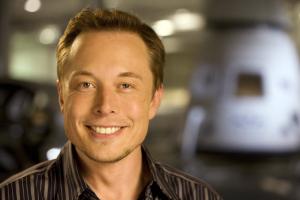An electric car in every driveway, a battery in every garage.
Ken Silverstein is editor-in-chief of Public Utilities Fortnightly. Contact him at ksilverstein@fortnightly.com.
Tesla's Elon Musk is driving the electric car off the lot and onto the premises of America's electric utilities, proposing to build and sell energy storage batteries on both a residential and grid-wide scale - ideas that the chief executive will fully flesh out at the Edison Electric Institute's annual meeting in New Orleans this June.

His driving ambition goes beyond improving the performance of the grid. To paraphrase him, it's about generating power that produces no heat-trapping emissions. Advances in energy storage technology are critical to the mission. And Musk's goal appears one step closer to reality now that his Nevada-based "Gigafactory" will produce battery storage not just for cars, but also for homes and utilities.
In the end, it's about making the concept of energy storage both accessible and affordable. Homeowners and utilities, of course, have two different takes on the technology: For the former, it's about taking electric power off the grid at night and storing it in a battery, releasing it later on when the demand for power is highest and when the sun may be hiding. For utilities, though, it involves infusing the grid with electrons when the switch trips or the voltage sways. That keeps the lights from flickering out, and customers happy.

